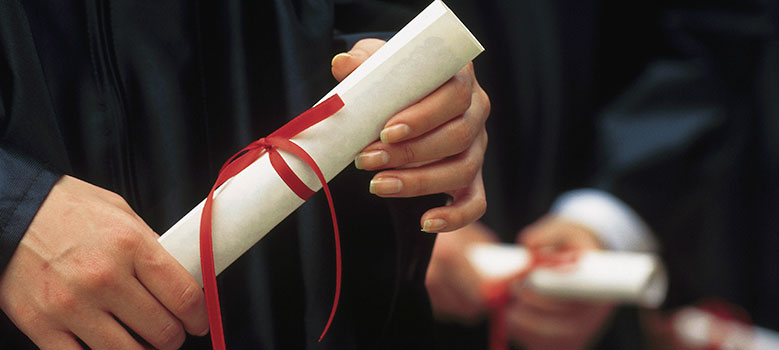2017-2018 CATALOG [ARCHIVED CATALOG]
Courses Offered
|
|
|

A grade of “C” or better is required in all prerequisite courses and in all courses specified by course numbers in the summary of required hours.
Note: Any program directed or technical electives, all Allied Health programs, Associate of Science in Teaching (AST), and Technical Certificates requires “C” or better in all course work.
|
| |
Dental Hygiene Admission to the Dental Hygiene Program is a prerequisite for all DH courses unless otherwise noted. Please consult the SUMMARY OF REQUIRED HOURS. All DH courses shown in the same term are corequisites and all DH courses shown in the preceding term(s) are DH prerequisites. |
| |
|
| |
|
| |
|
| |
|
| |
|
| |
|
| |
|
| |
|
| |
|
Developmental Writing |
| |
|
Diagnostic Medical Sonography |
| |
|
| |
|
| |
|
| |
|
| |
|
| |
|
| |
|
| |
|
| |
|
| |
|
| |
|
| |
|
| |
|
| |
|
| |
|
| |
|
| |
|
| |
|
| |
|
| |
|
| |
|
| |
|
| |
|
| |
|
| |
|
| |
|
| |
|
| |
|
| |
|
| |
|
| |
|
Diesel Equipment Mechanics |
| |
|
Early Childhood Education |
| |
|
| |
|
| |
|
| |
|
| |
|
| |
|
| |
|
| |
|
| |
|
| |
|
| |
|
| |
|
| |
|
| |
|
| |
|
Economics |
| |
|
| |
|
Education |
| |
|
| |
|
| |
|
Education Psychology |
| |
|
Electrical/Electronic Engineering Technology |
| |
|
| |
|
| |
|
| |
|
| |
|
| |
|
| |
|
| |
|
| |
|
| |
|
| |
|
| |
|
| |
|
| |
|
| |
|
| |
|
| |
|
| |
|
| |
|
Electrical/Electronic Engineering Technology (DuPont) |
| |
|
Emergency Medical Services A prerequisite to all EA courses is admission into the program in which the course is required. Please consult the brochure for the specific program. All courses shown in the same term are corequisites and all courses shown in the preceding term(s) are prerequisites. |
| |
|
| |
|
| |
|
| |
|
| |
|
| |
|
| |
|
| |
|
| |
|
EMT Clinical |
| |
|
| |
|
| |
|
| |
|
| |
|
| |
|
| |
|
| |
|
| |
Page: 1
| 2
| 3
| 4
| 5
| 6
| 7
| 8
| 9
| 10
| 11
-> 12 |
|